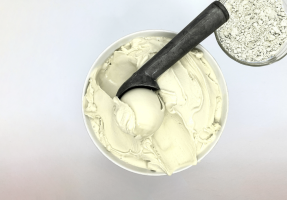Funky_monks
Neo-Rustic
And we are burning more fossil fuels every year (with a little covid-related blip). It's not even that we've plateaued due to knowing the damage. It's still increasing. That's where the behavioural challenge wrt global warming is located, not agriculture. Within agriculture, welfare, food quality and security, sustainability and biodiversity are the big challenges.
This - focussing on non fossil fuel cyclical emissions is a massive red herring. Ruminants will exist whether we farm them or not, and unless we degrade their environment, in comparable biomasses. Cattle numbers globally are reducing and yet methane emissions are increasing - we know it is byproduct of fracking, we also know that warming causes certain natural habitats to release more, eg wetlands. Nobody is suggesting we drain all the marshes, why would we try to get rid of ruminants?





